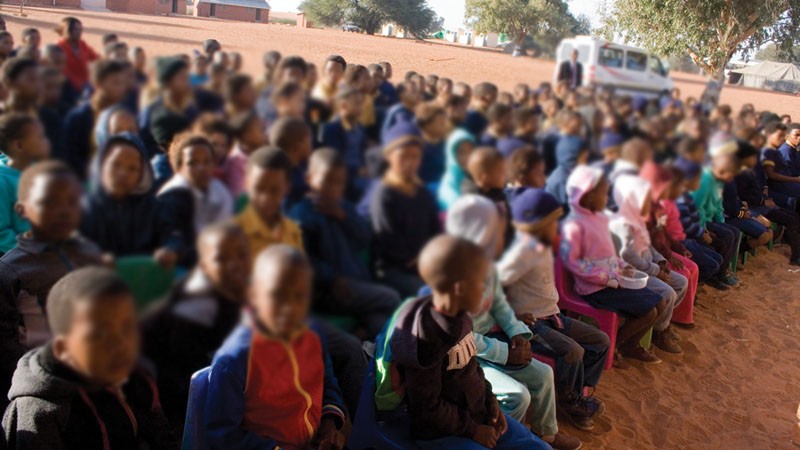Speech disorders on the rise in pre-schools
Baboki Kayawe | Thursday June 22, 2017 17:27


In 2001, speech impairments accounted for about 10% of the population living with disabilities in Botswana. The Botswana Society for Human Development (BSHD), a local NGO, plans to convene an array of specialists in the field of speech and communication therapy, educators and other disciplinarians over the weekend to discus communication disorders. BSHD chairperson, Sharon Tshipa said told Mmegi that the numbers were worrying.
“0ut of 229 children with special education enrolled in pre-primary schools across the country in 2013, the number of pupils with speech impairments was the highest at 104 followed by those with multiple disabilities,” she said.
“With such a high number of young children with speech impairments it is only ideal to explore the concepts of language and speech disorders so as to provide the much needed information to the public, parents and teachers of students and children with learning disorders.”
The gathering, which will be held at the University of Botswana (UB), will dwell mostly on speech and language disorders as well as other related disorders such as hearing impairment and other physical disorders that contribute to the causes of communication disorders.
Tshipa said speech disorders are often characterised as difficulties in producing speech sounds or problems with voice quality.
The symptoms of speech disorders are different for every child; some are characterised as an interruption in the flow or rhythm of speech such as stuttering while others present in the form of problems with the way sounds are formed.
In most cases, she explained that children who are affected by language learning disabilities or developmental language delay may present symptoms such as interruption in the flow or rhythm of speech such as stuttering (dysfluency), inability to express ideas and inappropriate grammatical patterns, while others have problems with the way sounds are formed as well as improper use of words and their meaning.
“Some may be able to see or hear the words that are spoken but may not be able to comprehend them. Although the exact causes of speech language disorders may not be known some specialists in the area speculate that hearing loss, neurological disorders, brain injury, mental retardation, drug abuse and physical impairments are some of the causes,” she added.
This year’s workshop themed ‘Understanding Speech and Language Disorders in Young Children and Adults’, is a partnership between BSHD and the Botswana Stuttering Association (BoSA) - a non-profit organisation dedicated to bringing hope and dignity to children and adults who stutter, their families and professionals through empowerment, support and advocacy.
